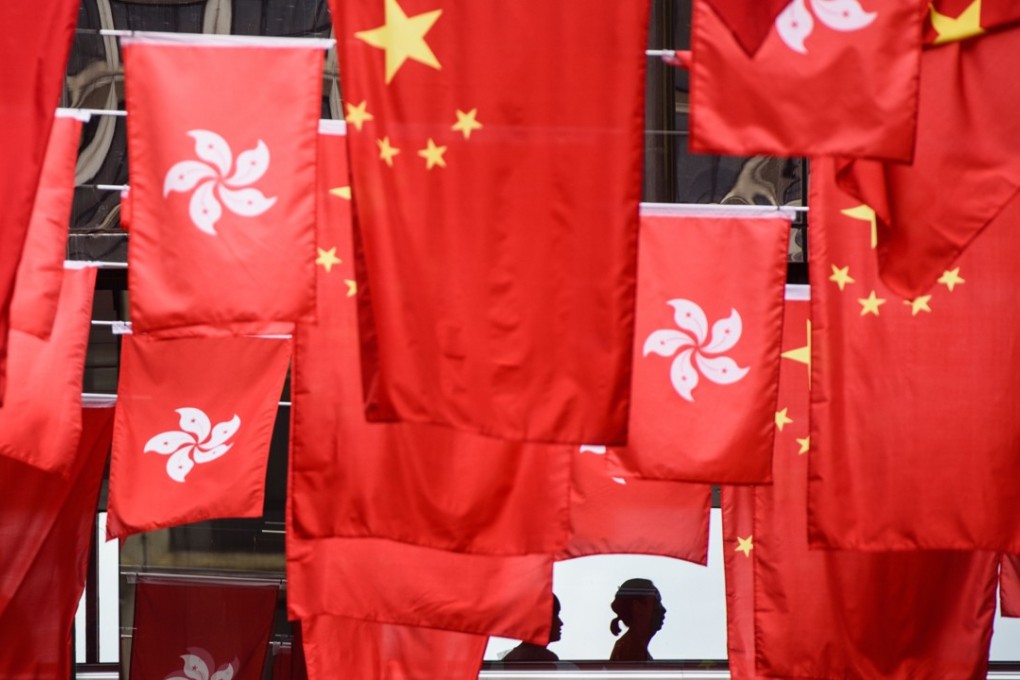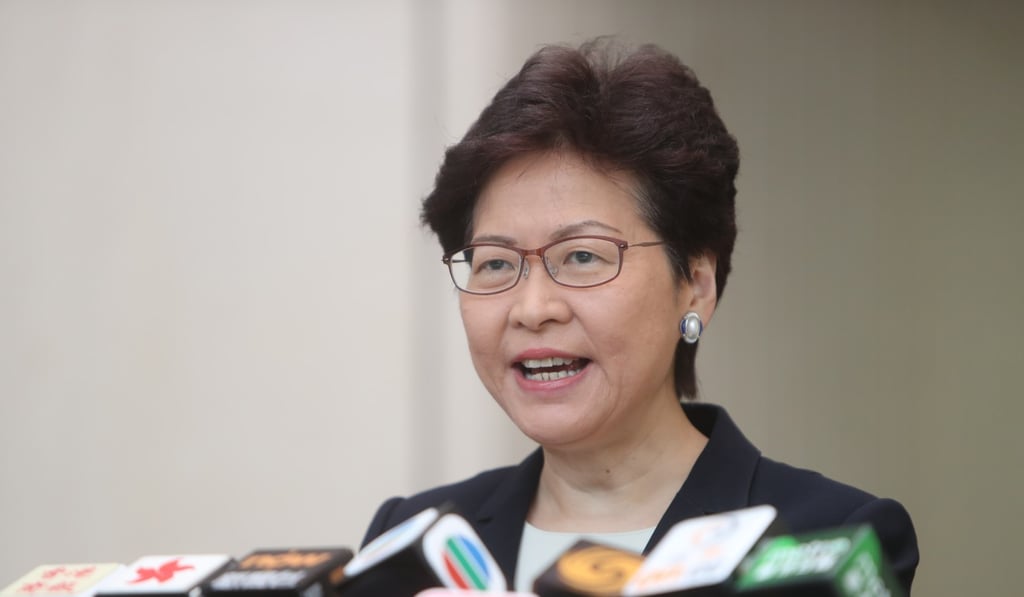Changing trade policy on Hong Kong will hurt United States just as much, city’s leader Carrie Lam says in response to critical congressional report
- Report recommended reviewing arrangement to treat Hong Kong and mainland as separate customs areas in export of dual-use technology

Hong Kong’s leader on Thursday expressed regret that a US congressional report had seen relations between the city and mainland China through a “coloured lens” and said any change to the city’s trade status would not benefit either side.
It recommended reviewing the arrangement to treat Hong Kong and the mainland as separate customs areas in the export of dual-use technology – goods with civilian and military applications including numerous electronic components and software.

The arrangement is stipulated in the US’s Hong Kong Policy Act, under which tariffs against the mainland are not automatically applied to the city.
“Any change to trade policy would not only be unfair to Hong Kong, it would also undermine US interests in Hong Kong,” the chief executive said.